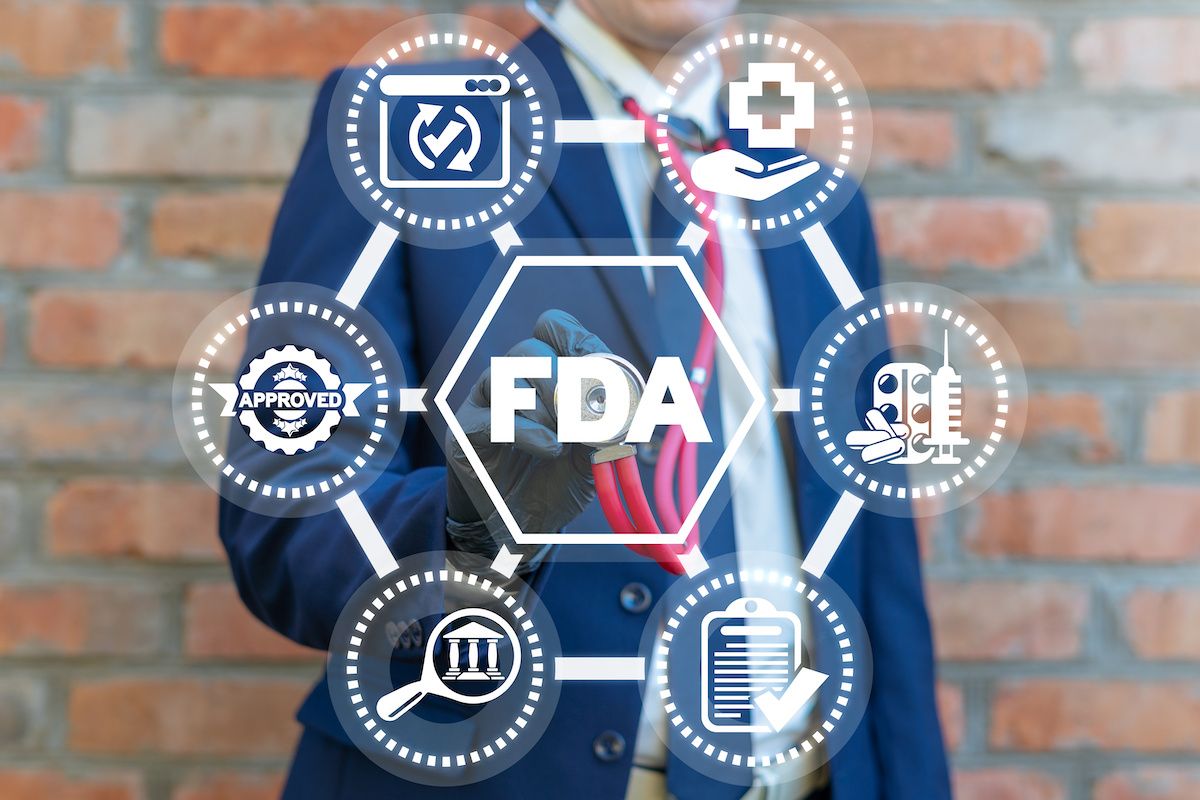- Bone Health
- Immunology
- Hematology
- Respiratory
- Dermatology
- Diabetes
- Gastroenterology
- Neurology
- Oncology
- Ophthalmology
- Rare Disease
- Rheumatology
The Top 5 Most-Read Regulatory Stories of 2023
The top 5 most-read regulatory stories of 2023 covered the FDA approvals for the first ustekinumab biosimilar and the first subcutaneous infliximab product, as well as other regulatory updates.

The top 5 most-read regulatory stories of 2023 covered the FDA approvals for the first ustekinumab biosimilar and the first subcutaneous infliximab product, as well as other regulatory updates.
Here are the most-read regulatory stories of 2023.
5. FDA Accepts BLA for Alvotech Ustekinumab Biosimilar
The FDA has accepted Alvotech's biologics license application (BLA) for its ustekinumab biosimilar candidate (AVT04) referencing Stelara for the treatment of autoimmune disorders. The monoclonal antibodies in ustekinumab products inhibit IL-12 and IL-23. If approved, Teva Pharmaceuticals, with whom Alvotech has a commercialization partnership, will have exclusive rights to market AVT04 in the United States. The development follows Janssen's lawsuit against Amgen over its ustekinumab biosimilar; other companies like Rani Therapeutics, Biocon Biologics, Formycon, Bio-Thera, and Hikma Pharmaceuticals are also developing ustekinumab biosimilars.
4. FDA Accepts Sandoz Denosumab BLA for Review
The FDA accepted Sandoz's application for the review of its denosumab biosimilar (GP2411) referencing Prolia/Xgeva. If approved, it would treat osteoporosis in premenopausal patients and address bone-related complications in cancer. Sandoz said it aims to enhance patient access to an affordable treatment. The application included data from the ROSALIA trial, demonstrating biosimilarity in safety and efficacy between the biosimilar and its reference product.
3. FDA Approves First Subcutaneous Infliximab Product
The FDA has approved Celltrion USA's Zymfentra, the world's first and only subcutaneous infliximab product. The product carries the same nonproprietary name as Inflectra (infliximab-dyyb; infliximab biosimilar; Remsima outside of US), which is the intravenous version of Zymfentra. However, because the reference product Remicade does not have an intravenous option, Zymfentra was approved as a novel agent for adults with moderate to severe inflammatory bowel disease. In international markets, where Zymfentra is known as Remsima SC, it is considered a biobetter, which are a class of follow-on biologic products designed to improve clinical effects, allow for more time in between doses, or enhance tolerability compared with their reference product.
2. FDA Approves Autoinjector Version of Neulasta Biosimilar
The FDA has approved Coherus Biosciences' single-dose, prefilled autojector version of the pegfilgrastim biosimilar Udenyca for treating and preventing febrile neutropenia linked to chemotherapy. The autoinjector allows patients to receive pegfilgrastim the day after chemotherapy, reducing the risk of febrile neutropenia. Udenyca is Coherus' biosimilar referencing Amgen's Neulasta (pegfilgrastim). The original version of Udenyca was approved in November 2018 and launched on the US market in January 2019. It is 1 of 6 FDA-approved biosimilars referencing Amgen’s Neulasta.
1. FDA Approves First Stelara Biosimilar, Wezlana
The FDA approved Wezlana, the first biosimilar for the blockbuster drug Stelara (ustekinumab). Wezlana was also granted interchangeability. The approval was based on data from a phase 3 comparable safety and efficacy trial that showed the biosimilar has no clinically meaningful differences from the reference product. The biosimilar will be used to treat plaque psoriasis, psoriatic arthritis, Crohn disease, and ulcerative colitis. Wezlana is the seventh biosimilar to be deemed interchangeable.
Newsletter
Where clinical, regulatory, and economic perspectives converge—sign up for Center for Biosimilars® emails to get expert insights on emerging treatment paradigms, biosimilar policy, and real-world outcomes that shape patient care.
